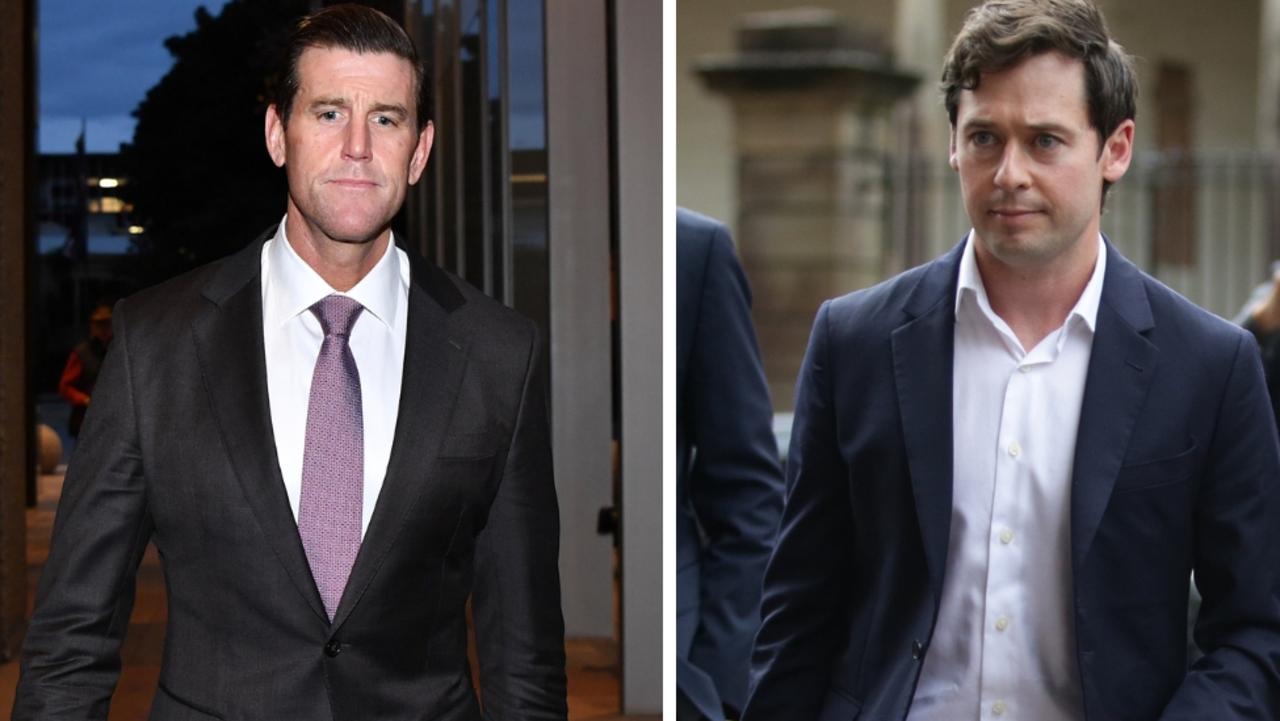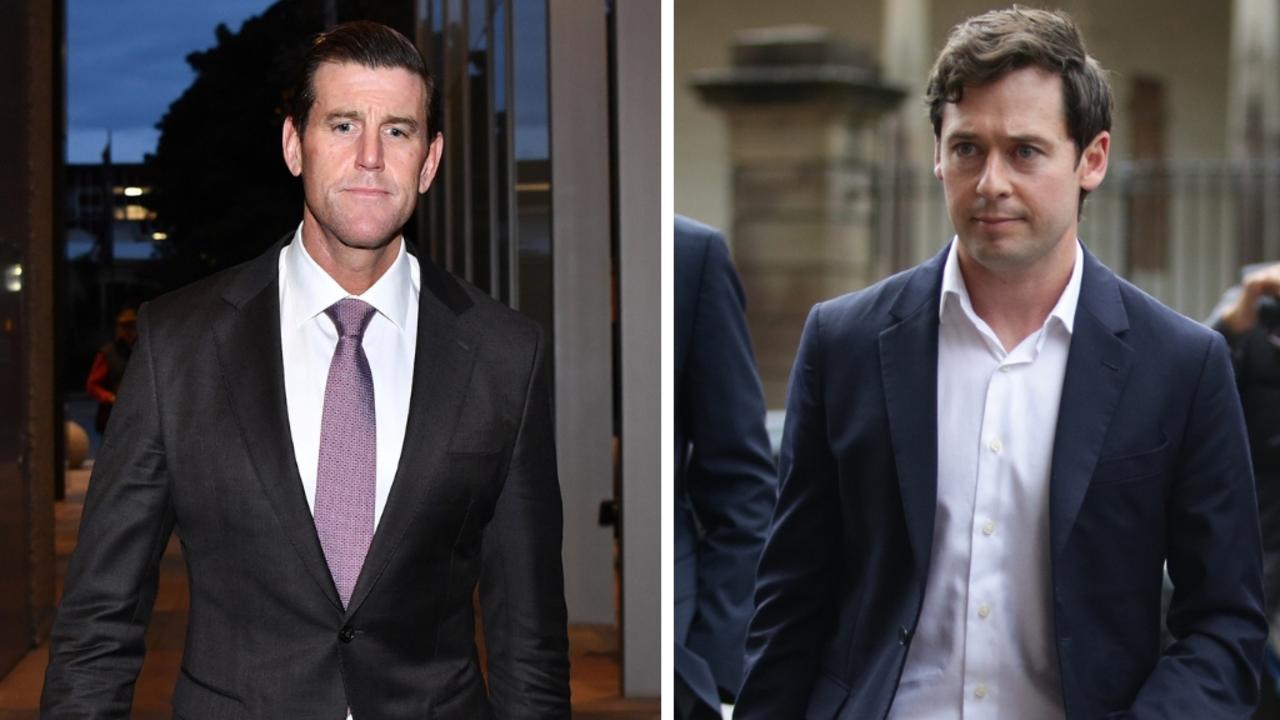Organised crime gets into video piracy
TWO of Australia's leading media organisations say they are confronting the growing presence of organised crime networks involved in sophisticated television, DVD and internet piracy, costing the local media hundreds of millions of dollars a year.
TWO of Australia's leading media organisations say they are confronting the growing presence of organised crime networks involved in sophisticated television, DVD and internet piracy, costing the local media hundreds of millions of dollars a year.
Pay-TV operator Foxtel and Australian Federation Against Copyright Theft (AFACT) -- which represents the film and TV industry -- are fighting to clamp down on the escalating influence of organised crime.
"DVD and other piracy can now be more profitable than drug trafficking," AFACT's director of operations Neil Gane told The Australian. "That's why crime organisations are going into it."
Mark Mulready, Foxtel's head of fraud, said intellectual property theft attracted organised crime "because they see it as high margin and low risk. What we're finding is, these groups are operating across borders and are becoming more sophisticated in how they distribute their pirated software and hardware".
The cost for local TV networks, movie houses, DVD rental stores and others is prohibitive.
A 2005 study by LEK Consulting suggested $233 million a year was being lost by the local movie industry alone through piracy. Other analysts say the figure for the entire media is hundreds of millions of dollars more, given how the rapid spread of pirate technologies is affecting first-run content.
Foxtel and AFACT's war on piracy received a boost a fortnight ago with the conclusion in the High Court of a long-running landmark court battle -- known as the "Mod Shop Case" -- where a successful judgment was found against a syndicate operating a server that allowed various shopfronts to sell unauthorised Foxtel subscriptions. It was the first case in the world to have a successful judgment against internet-based pay-TV piracy.
"While this case did not involve a particularly sophisticated or organised group, it's a good example of the lucrative nature of piracy and the long battle broadcasters face with rapidly changing pirate technologies," Mr Mulready, a former police prosecutor and detective, said.
"In this case, Foxtel took civil action against the syndicate, but the federal police are now better equipped than ever to address large-scale piracy networks."
Mr Gane said the risks were prohibitive for Hollywood filmmakers, where the average cost of making and marketing a movie is $US100 million. Even for low-budget Australian films, "many millions" were at stake.
"People have a 'Robin Hood' attitude to DVD piracy: they see the money the Tom Cruises are making and conclude it's a victimless crime. But when syndicates can steal, reproduce and recopy that product for the price of negligible printing costs, a disc and multiple DVD burners, the criminal business model is potentially very profitable."
Mr Gane said illegal actions like "camcording in cinemas" remained a major concern.
This does not just happen in Asia. A successful prosecution in November 2007 saw an Australian convicted for making the first known illegal recording of The Simpsons Movie and uploading it onto a user-generated content website. But Mr Mulready worries piracy laws need more teeth.
"Police should have all the same investigative tools to fight piracy they currently have for organised drug trafficking or money laundering," he said.
Mr Gane said such piracy was far from victimless: "The victims, in our case, are the 50,000 people who work in the industry."



